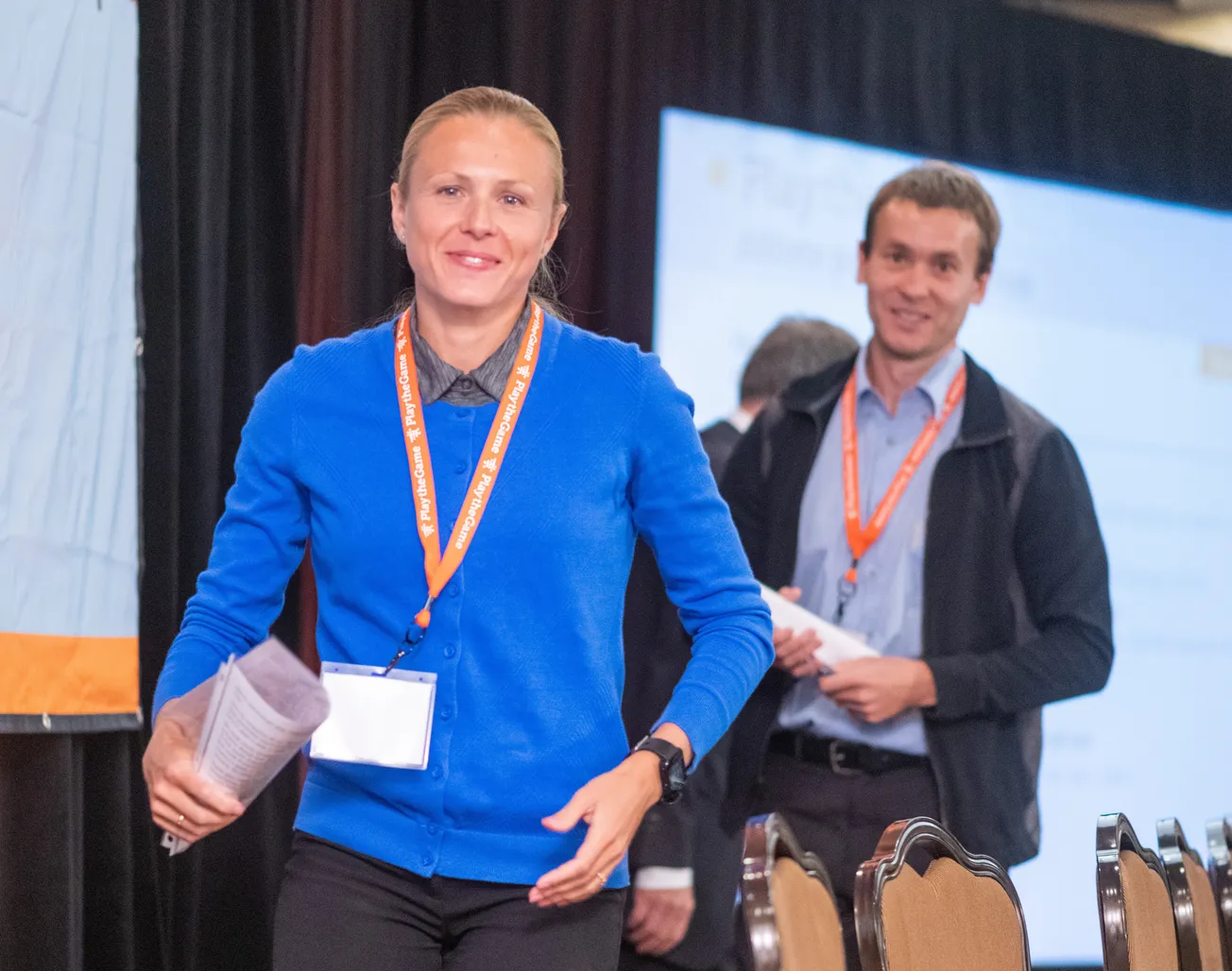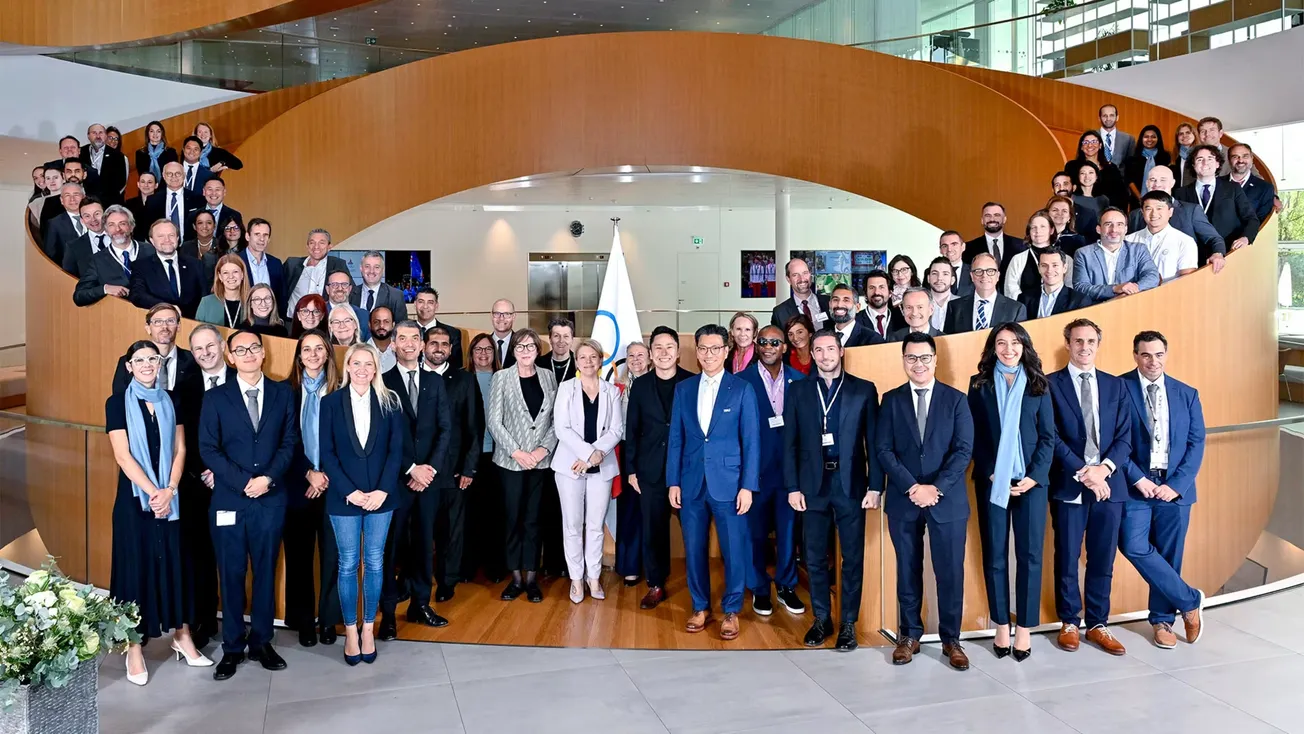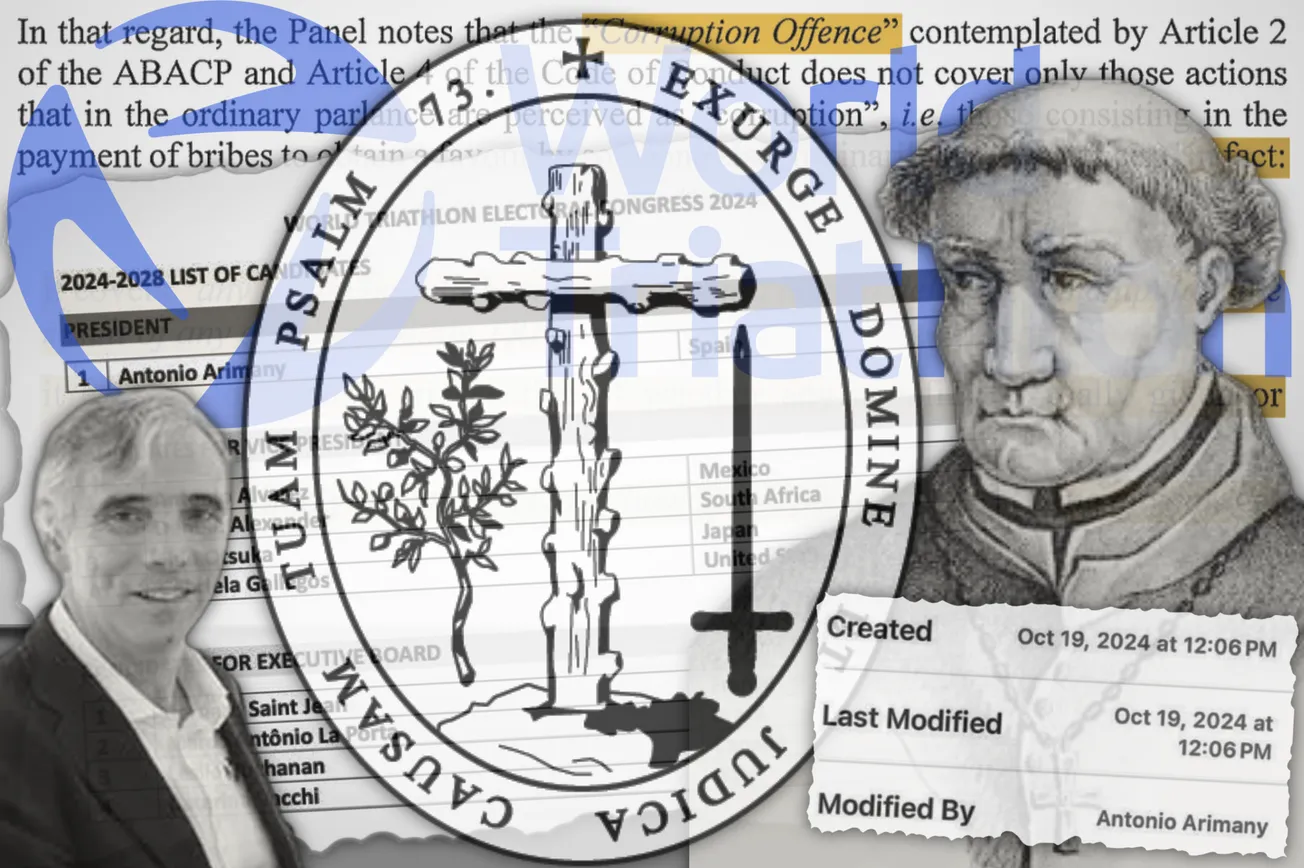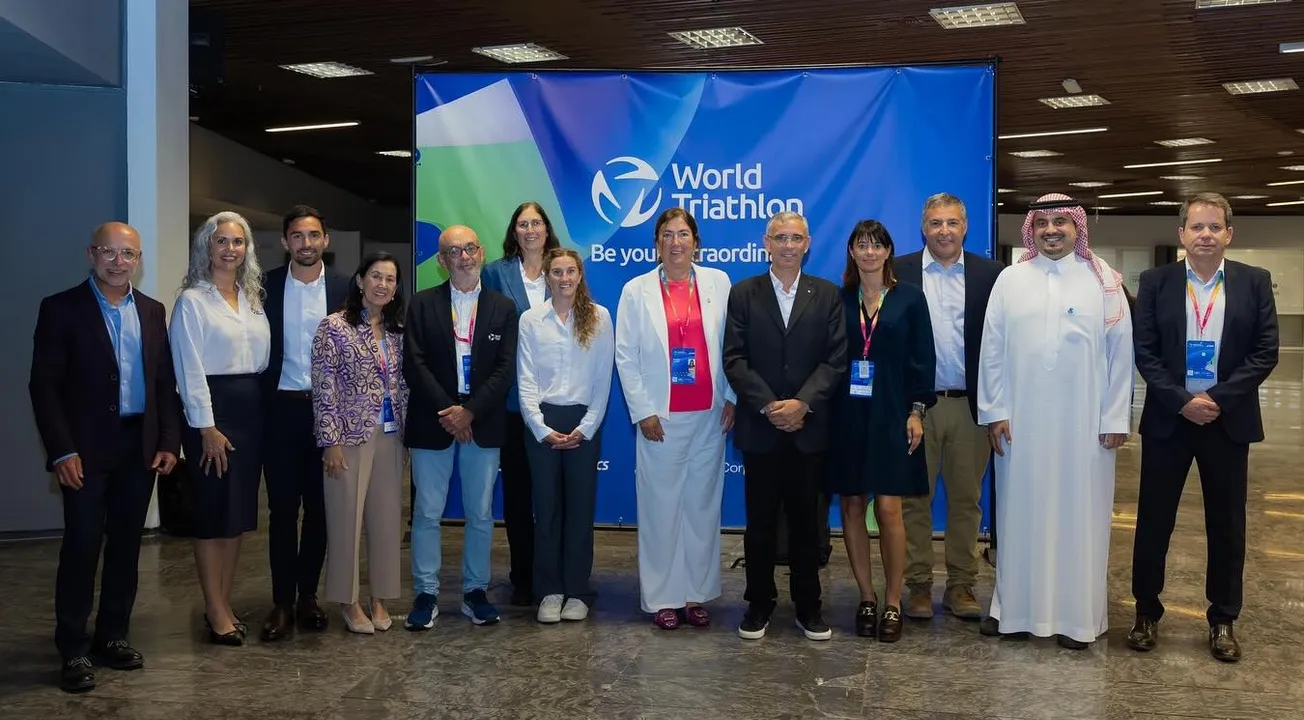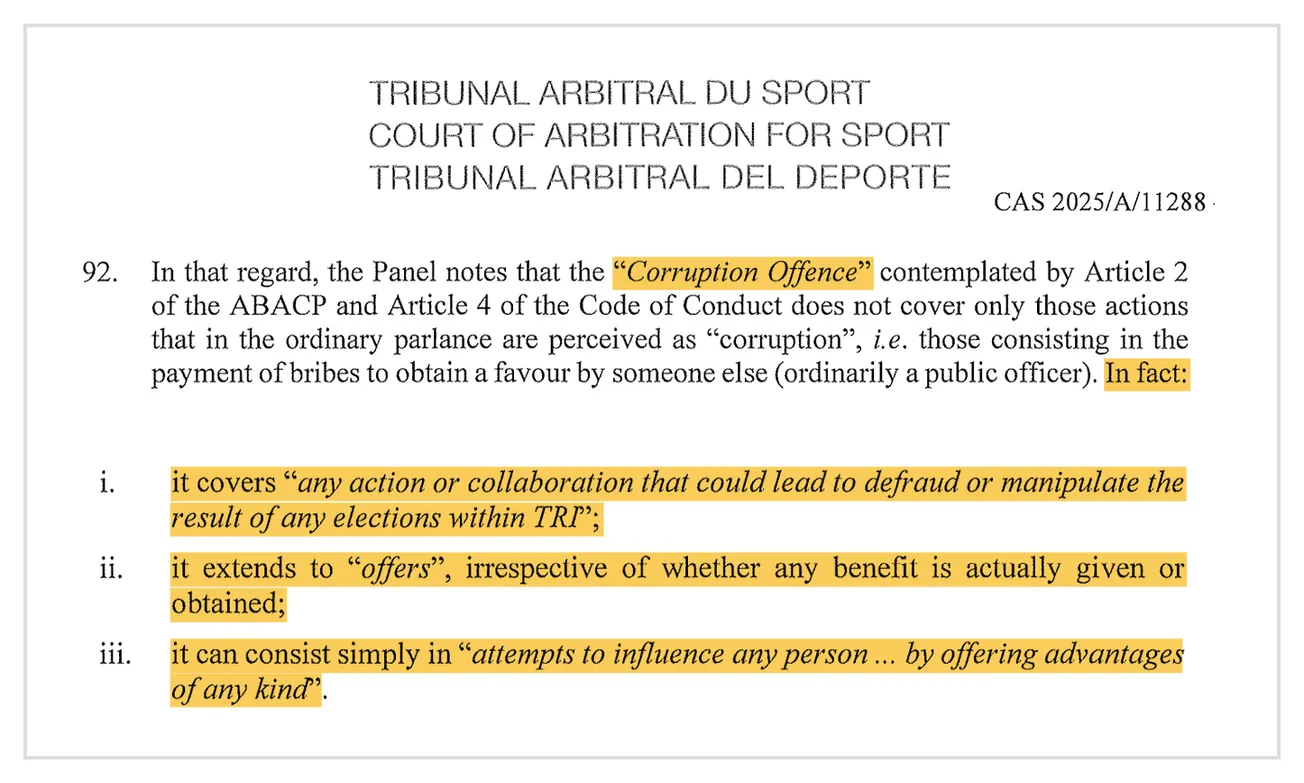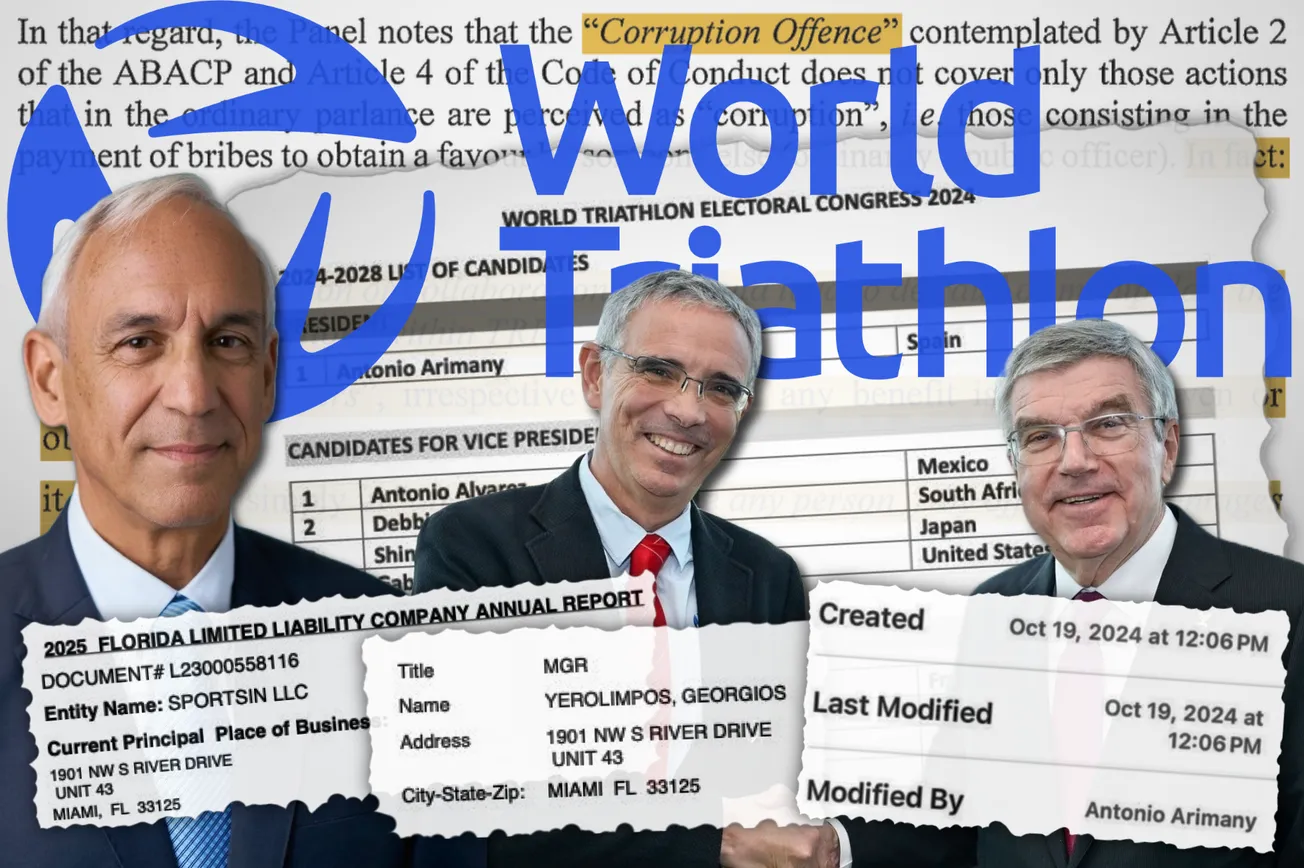Olympic sport has obviously become so important in the US that even the United States Citizenship and Immigration Services (USCIS) takes credit for paving the way to the Paris Olympics for several new US citizens at Team USA.
On social media, the USCIS proudly highlights that judo fighter Maria Laborde from Cuba, fencer Margherita Guzzi Vincenti from Italy, and badminton player Beiwen Zhang from China have become US citizens and are now representing US at the 2024 Games.
But in its zeal to grant US citizenship to Olympic sports heroes from many different nations, the USCIS has apparently forgotten to expedite the asylum cases of two of the greatest Olympic heroes.
Whistleblowers Yuliya and Vitaly Stepanov, a former member of the Russian national track and field team and a former employee of the Russian Anti-Doping Agency (RUSADA), who exposed the Russian state doping scandal and fled to the US in 2015 via Germany, are still waiting for asylum in the US.
The slow process of the couple’s asylum cases has prompted Travis Tygart, CEO of the US Anti-Doping Agency (USADA), to write a letter to the USCIS urging the government office to process the Stepanovs' application for asylum as soon as possible.
"Yuliya and Vitaly applied for asylum to the Houston, Texas asylum center on November 17, 2016. They have been waiting 7 years and 4 months for their application to be processed," Tygart wrote in his letter of 27 March 2024 in which he also expressed concern that the process could take years from now:
"I understand that this wait is likely to be extended beyond 2030 due to the Asylum Division’s change in scheduling policy as of January 29, 2018."
In the letter, Tygart noted that living for over seven years with an uncertain future has caused the two Russian whistleblowers considerable stress and hardship:
"Their ability to work is severely restricted, they cannot travel outside of the US, meet with their Russian families, nor can their parents meet their children (Robert aged 10 and Eric aged 1), both of whom are US citizens."

